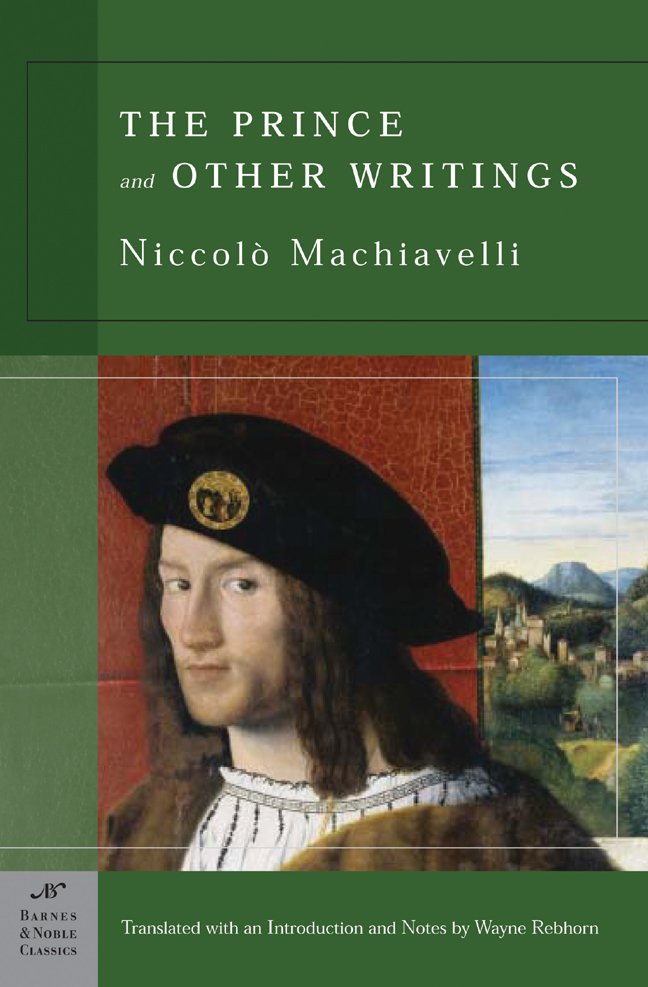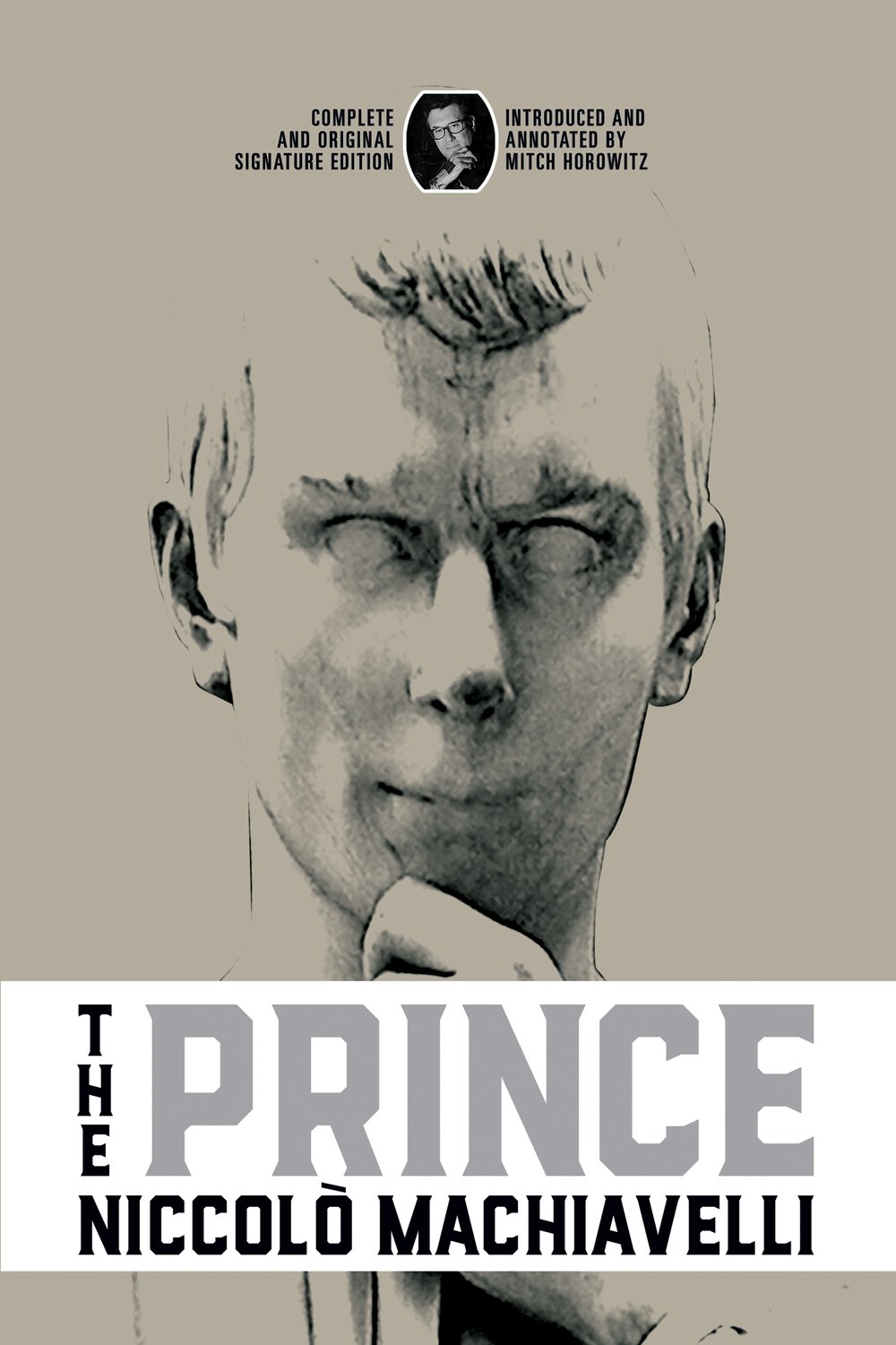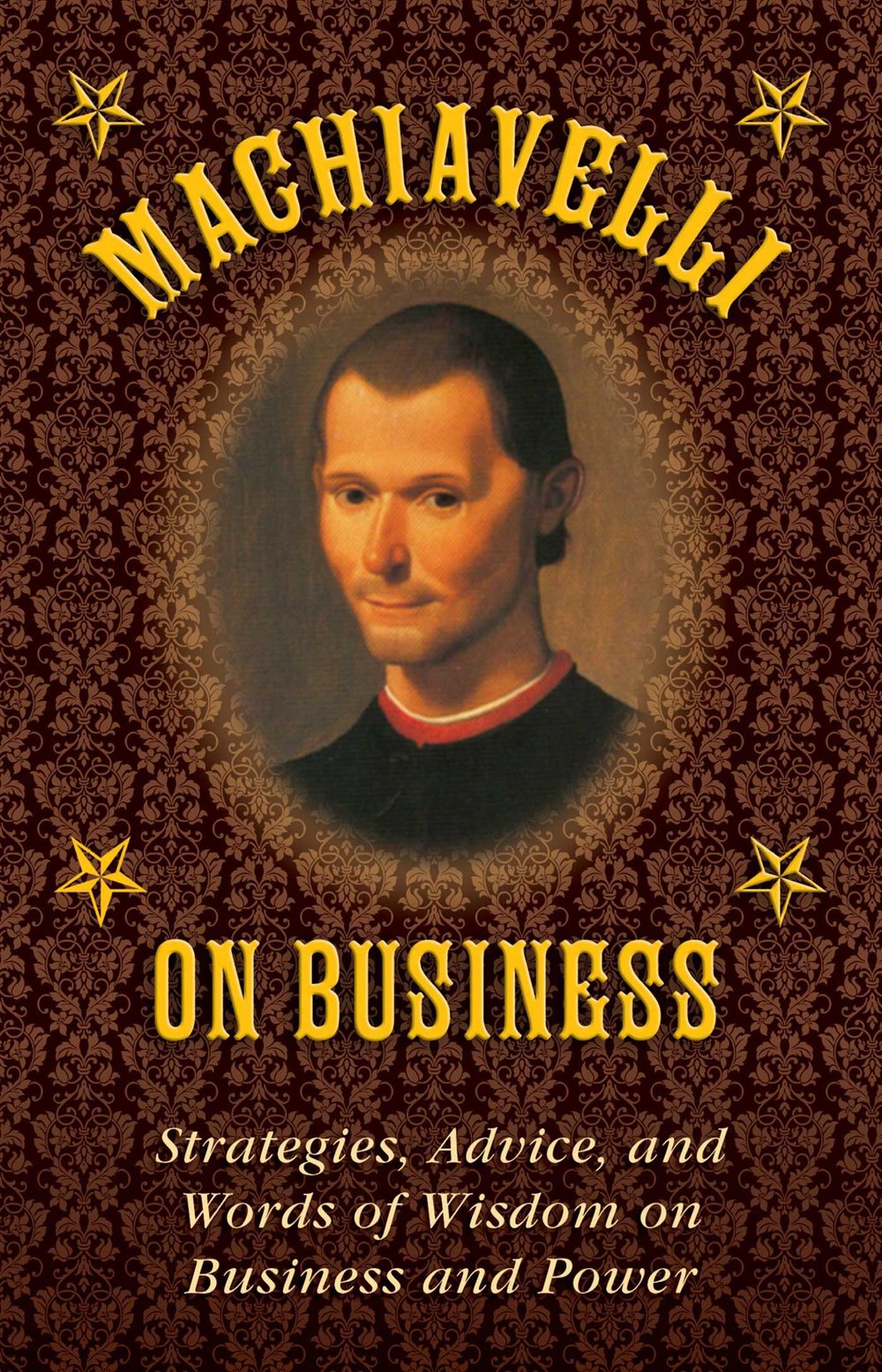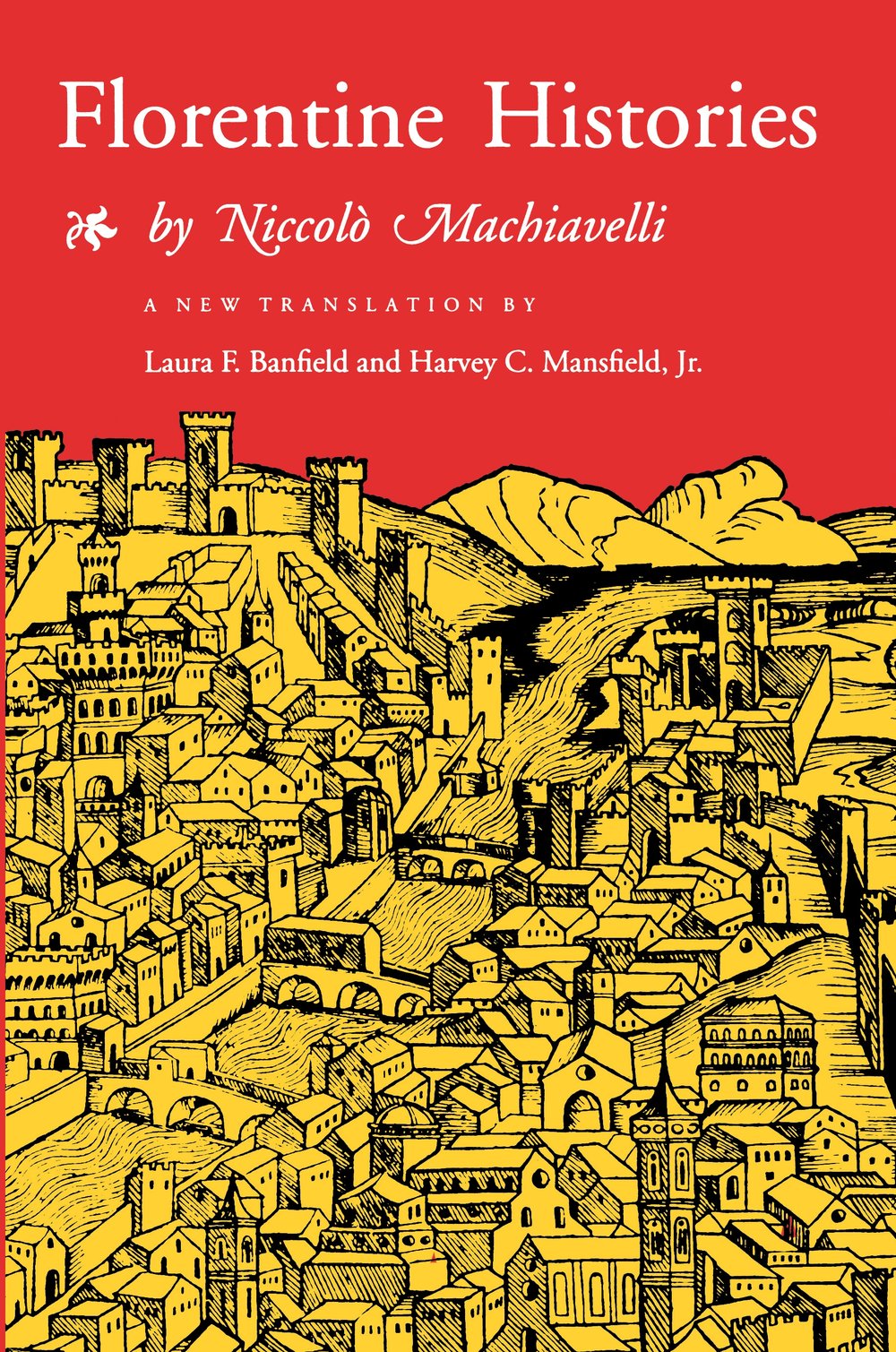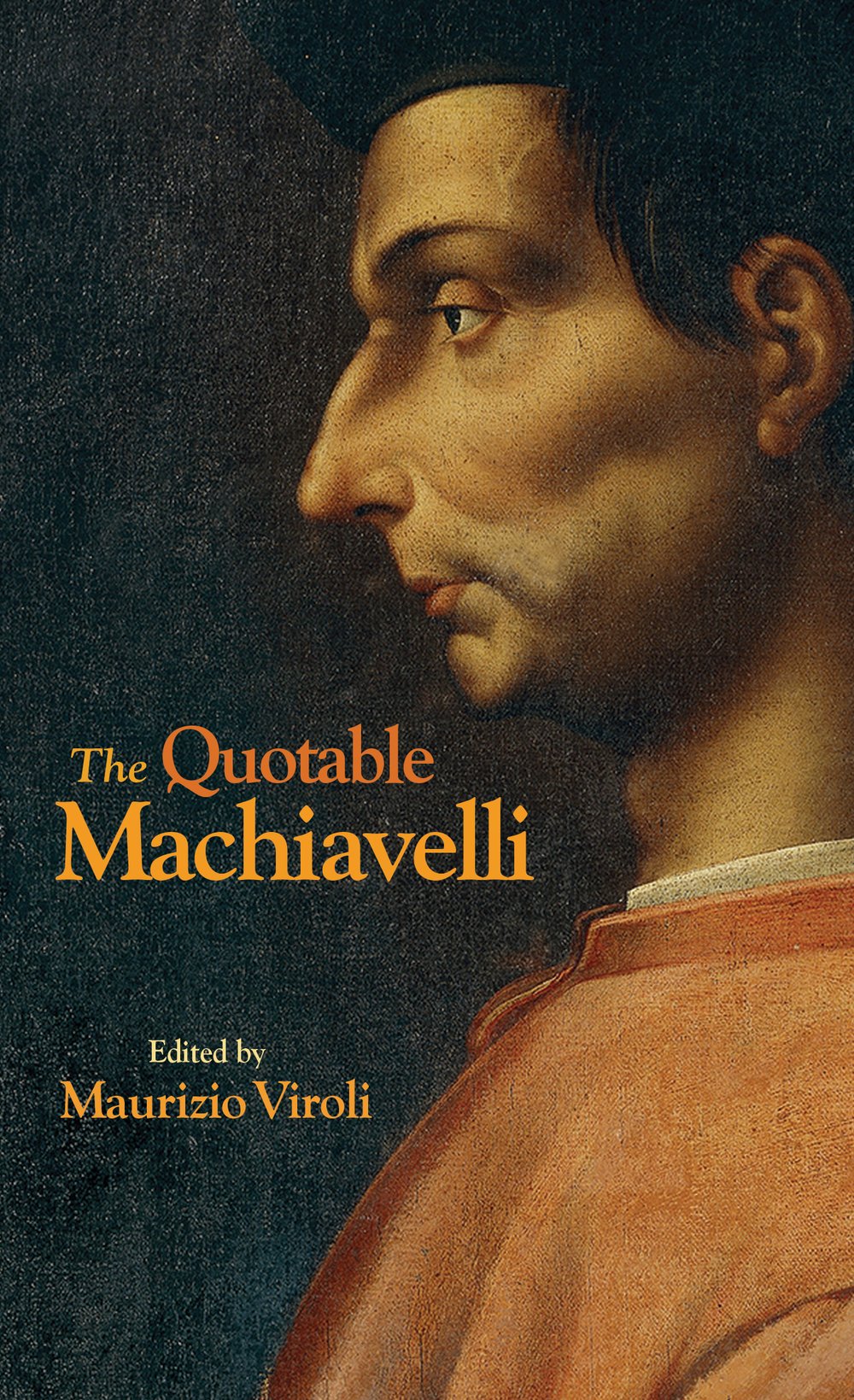The Prince
Complete and Unabridged
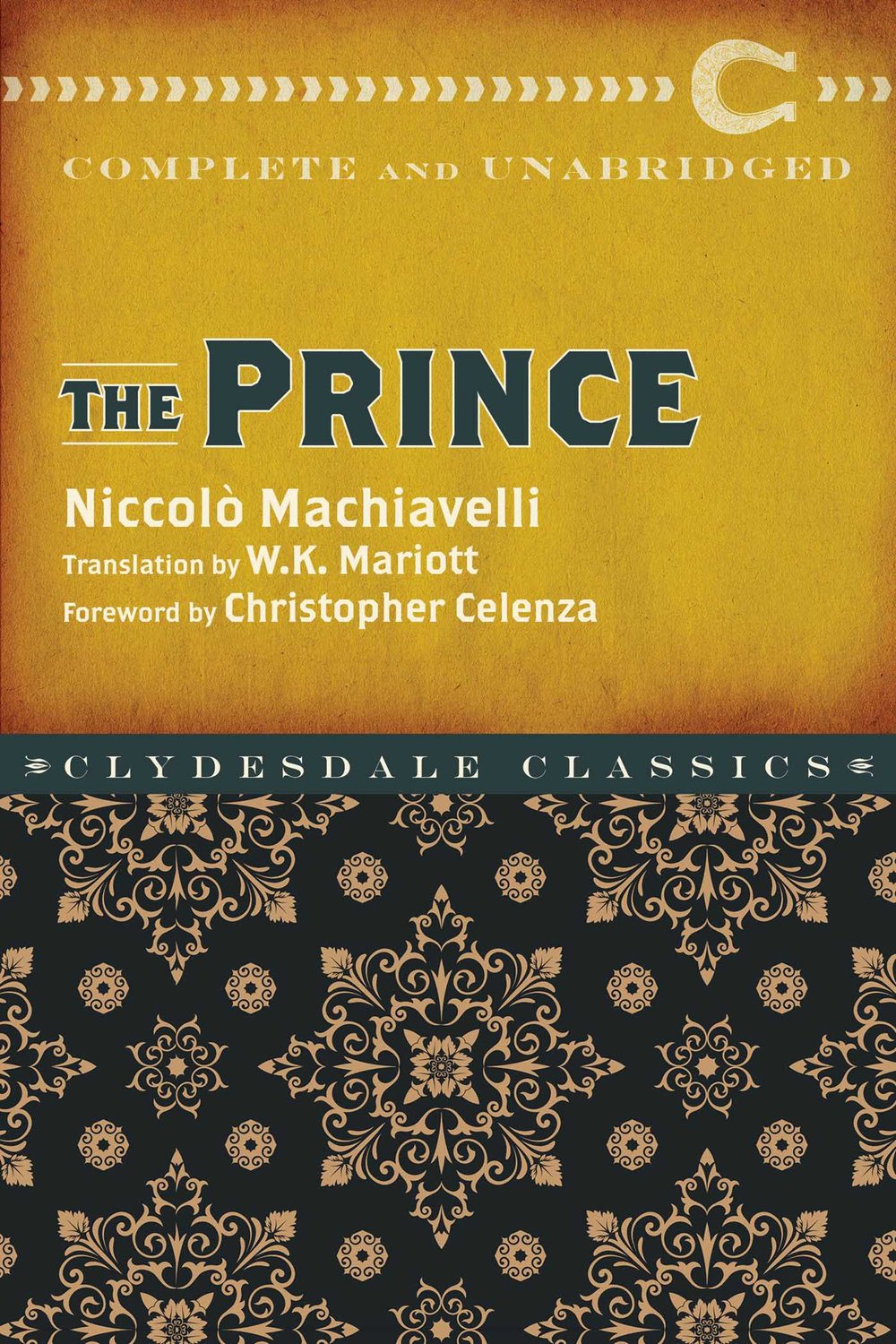
Packaged in handsome, affordable trade editions, Clydesdale Classics is a new series of essential works. From the musings of intellectuals such as Thomas Paine in Common Sense to the striking personal narrative of Harriet Jacobs in Incidents in the Life of a Slave Girl, this new series is a comprehensive collection of our intellectual history through the words of the exceptional few.
Widely acknowledged as Machiavelli’s defining work, The Prince is an innovative and rich treatise marked by his political theories and the principles of leadership. Based upon his own experiences witnessing “the actions of great men” and the often immoral aspects that come with power, Machiavelli encouraged ambition amongst leaders—which was a break from the philosophy of other contemporary thinkers. The Prince identifies the aims of powerful leaders, which can help to justify the use of largely immoral means in their methods.
With a new foreword by scholar Christopher Celenza, this essential work on politics contemplates leadership in a manner still relevant today. This lesson in autocratic rule will provide the reader with the author’s rational approach to control and the contextualization for the term “Machiavellian.”

Niccolò Machiavelli was born in Florence. Throughout his life, he was a diplomat, politician, historian, and writer. Machiavelli served the Florentine republic as secretary and second chancellor from 1498 to 1512 while the Medici family was out of power. His most famous work, The Prince, was a written attempt to re-ingratiate himself with the Medicis when they returned to power.
Christopher S. Celenza is the author or editor of seven books and more than forty scholarly articles or book chapters in the fields of Italian Renaissance history, post-classical Latin literature, and philosophy. His most recent book, Machiavelli: A Portrait, was published by Harvard University Press in 2015.

